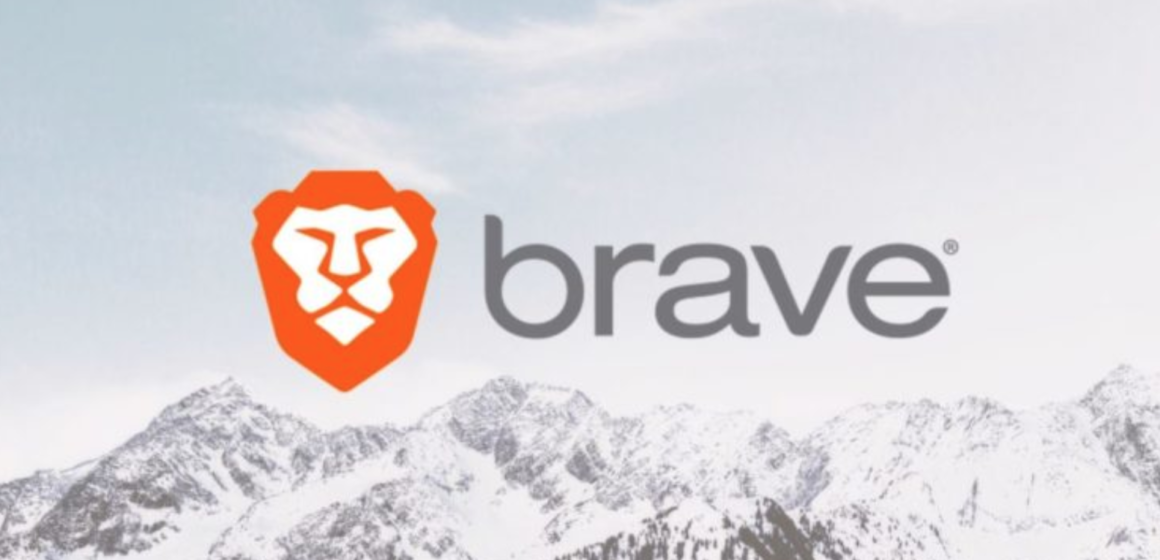

Pointing to how many companies now make privacy claims, Eich said, "I think privacy is here to stay and now the question is how people do it and market it effectively. "It's not political in the broken US sense – which is kind of a Punch and Judy show – it's more like there are people of various commitments on all sides of politics who are aware not only of privacy being violated over time by the big tech players but of the big tech players being abusive monopolies," he said. I think privacy is here to stay and now the question is how people do it and market it effectivelyĮich sees the dominance of US tech companies contributing to the interest in privacy and making it a matter of concern for regulators around the world. But then it became more personal as technologies like ad retargeting did things like spoiling surprise gifts by showing the ad for the purchased item again to the intended recipient. People used to hear about credit card breaches at large retailers like Target, Eich said, and think that privacy is hopeless but not something that necessarily affects them directly.

"I think the genie doesn't go back in the bottle," he said. In an interview with The Register, Brendan Eich, CEO of Brave, argued that the demand for privacy is real and cannot be ignored. The latter offers participants the option to receive 70 per cent of the payment made by the advertiser in a cryptocurrency called BAT (Brave Attention Token). The service will, eventually, be available as a paid option – for those who want to pay for search results without ads – though its more common incarnation is likely to be ad-supported, in conjunction with Brave Ads.


 0 kommentar(er)
0 kommentar(er)
